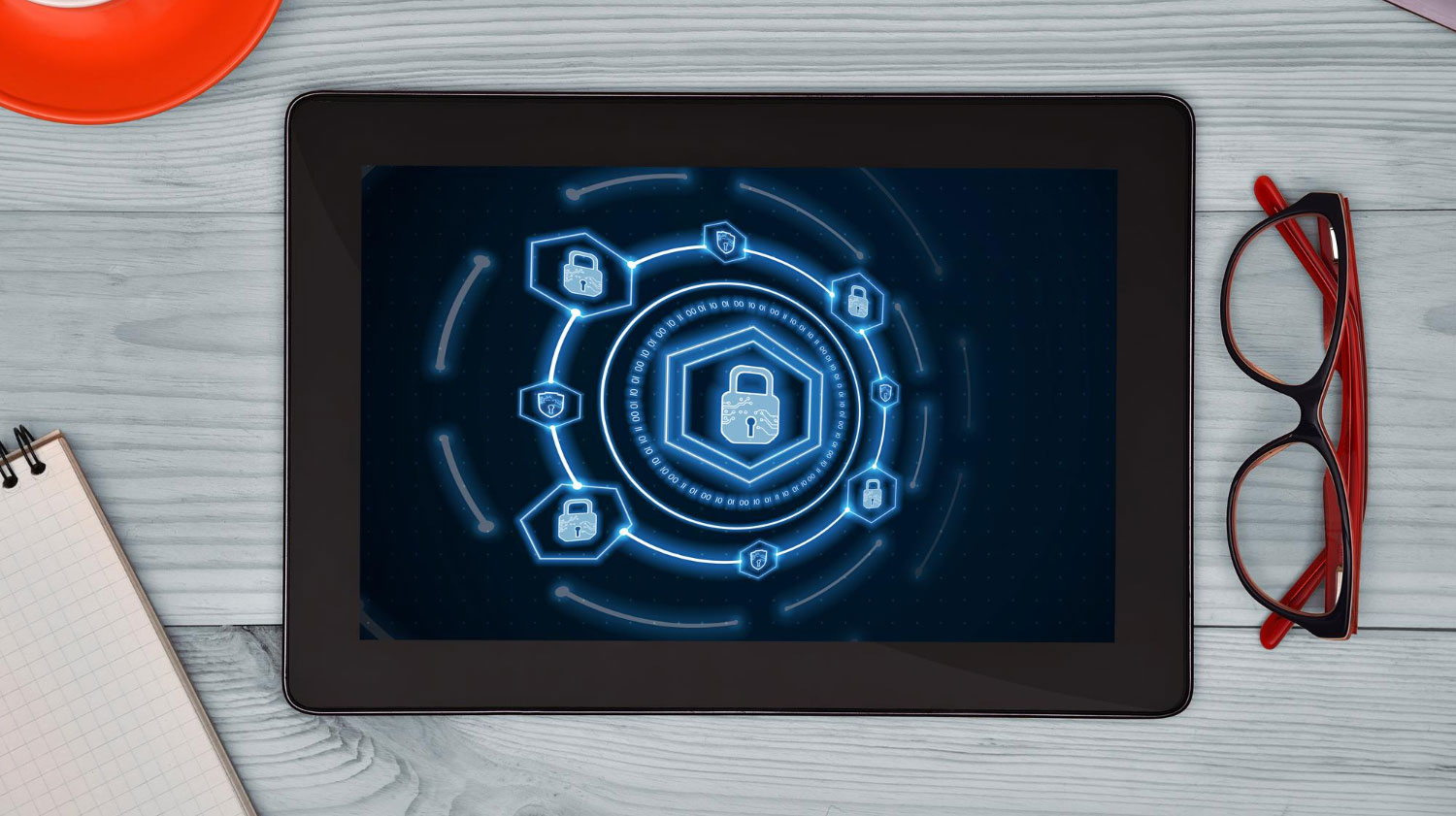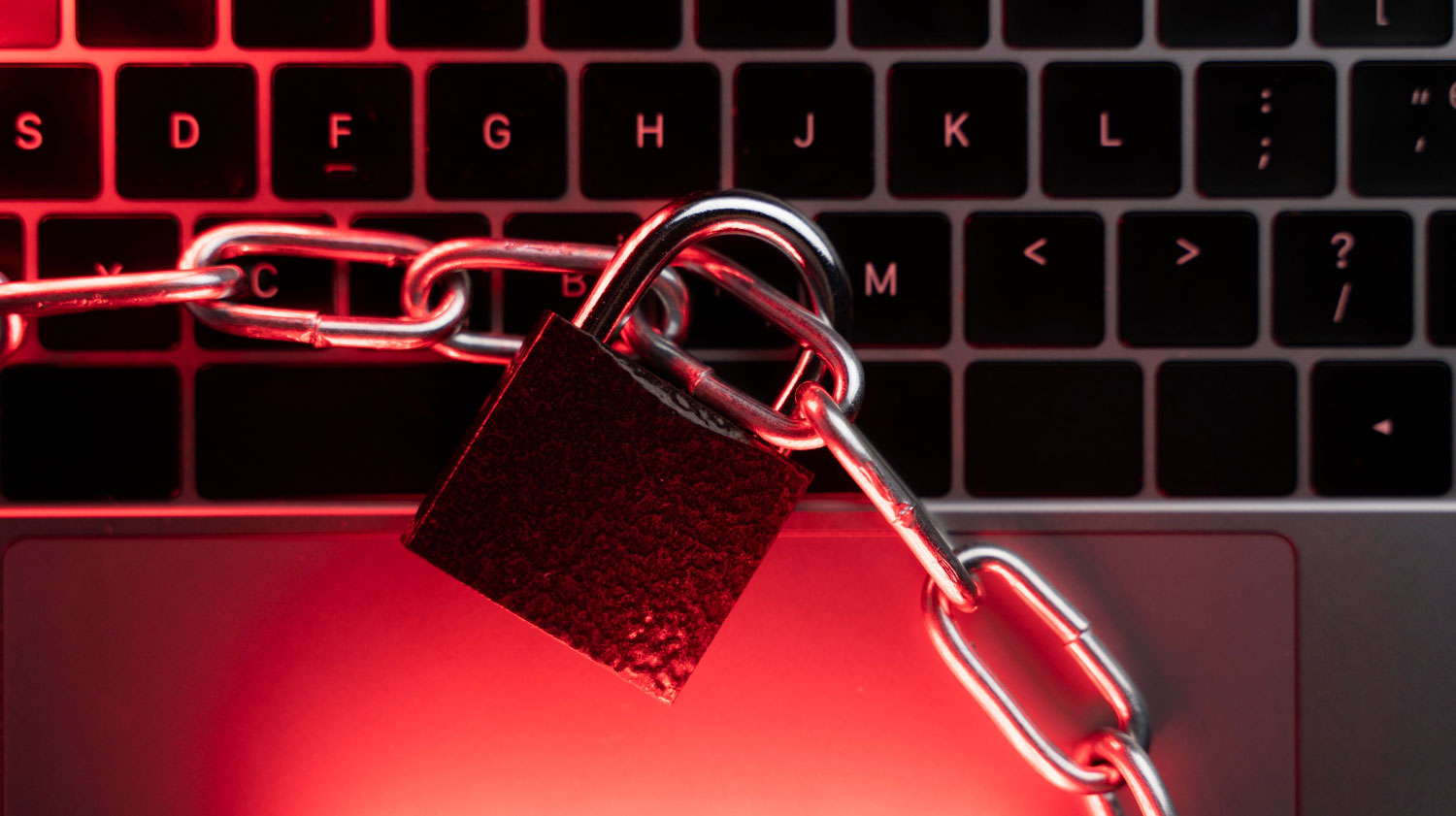
Blog
Tips for Securing Private Health Data
In the modern healthcare ecosystem, securing private health data, which is also known as private health information, is a top priority. To maintain trust, avoid data breaches, and comply with legal standards across different regions, patient data security is crucial. In this blog, we gather actionable strategies for data privacy and security in healthcare together.
Why Private Health Data is a Target?
According to an article published in 2024, there were 1463 cyberattacks per week globally in 2022, and a significant portion of these attacks affected electronic health records (EHRs). This number emphasizes the importance of data protection in healthcare, especially protecting patient data.
Private health data contains sensitive personal details, diagnoses, insurance information, treatment histories, laboratory tests, and more. Because of its value, cybercriminals target this information for identity theft, financial fraud, and even blackmail, making it a prime target for attacks.

Key Strategies for Private Health Data Security
Healthcare organizations and individuals must adopt a proactive approach to prevent possible cyberattacks and eliminate privacy and security concerns in healthcare. For instance, individuals should use strong, unique passwords for patient portals. Also, they should avoid sharing their private health information with unauthorized or unverified parties. However, personal strategies are not enough for protecting healthcare data; organizations should comply with medical data security standards and apply the protection measures mentioned below.
Strong Encryption
The encryption of private health data, both in transit and at rest, plays a vital role for protecting sensitive information. HIPAA regulations require healthcare organizations to encrypt EHRs where risk exists, such as email exchanges and cloud storage. Although HIPAA does not specify particular encryption standards, the National Institute of Standards and Technology (NIST) recommends the Advanced Encryption Standard (AES) using 128, 192, or 256-bit encryption.
Thanks to strong encryption, healthcare data can be protected against unauthorized access even if systems are breached.

Strict Access Controls and Authentication
Healthcare organizations can implement Role-Based Access Control (RBAC), a model that restricts system access based on defined user roles. This model enables only authorized roles like physicians and nurses to access specific patient data. Also, it restricts data permissions for non-clinical staff, minimizing the risk of unnecessary data exposure.
In addition to RBAC, healthcare organizations should apply strong authentication schemes including Multi-Factor Authentication (MFA). Moreover, logging all access events is important to monitor who reached private health information and when, supporting accountability.
Regular Security Audits and Risk Assessments
The HIPAA Security Rule requires risk assessments to detect threats to health data security. Because of this, healthcare organizations must conduct regular risk assessments to identify vulnerabilities and weak points in network, device, or application layers. Furthermore, they should use Data Loss Prevention (DLP) tools to prevent unsafe use, transfer, or sharing of sensitive healthcare data.

Robust Incident Response Plan
An incident response plan involves the immediate response to a cyberattack. To address this, healthcare organizations should develop and regularly test an appropriate incident response plan for securing private health data. Effective incident response planning helps organizations minimize the duration and impact of security incidents, clarify stakeholder roles, and accelerate recovery.
Secure Mobile Devices
Healthcare authorities, providers, and professionals generally use mobile devices to access patient information and other healthcare data, making mobile device security a critical priority. Mobile device management can be used to support encryption, reaching policies, remote wipe, and secure VPNs for mobile access to critical data.

Employee Training and Awareness
All healthcare staff from clinicians to nurses should be aware of the significance of data protection and privacy. To enhance this awareness, healthcare organizations can arrange training programs on different types of cyberattacks, secure data handling, and protocols for data breaches. Regular employee training fosters a proactive security culture and strengthens health data protection in daily operations. This approach is critical, as even simple human errors can lead to costly and severe incidents.

Final Words
As Tiga Healthcare Technologies, we believe that securing private health data is essential. In line with this commitment, our digital health technologies rely on strong and meticulously designed protection measures. With our comprehensive cybersecurity strategy, we eliminate the risk of breaches and protect patient data privacy and security. To explore our secure and reliable solutions, click here.
Let’s shape the future together with health IT systems safeguarding private health data, as always!









